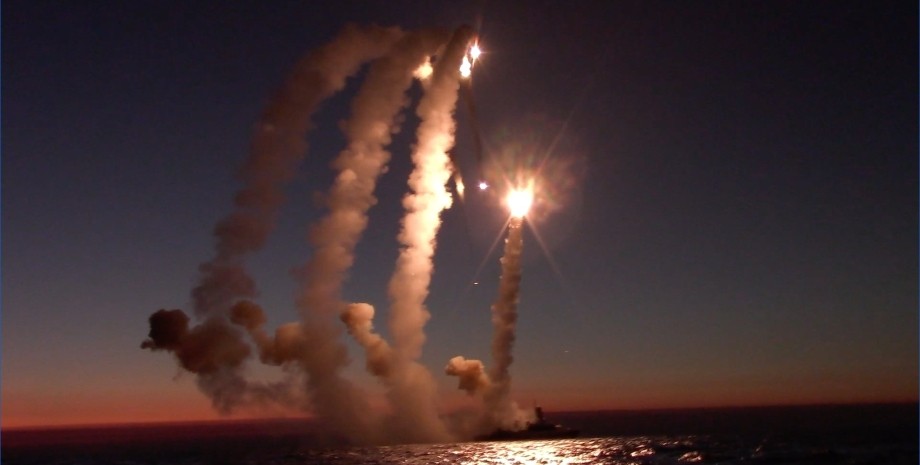
 By Eliza Popova
By Eliza Popova
Therefore, in such circumstances, Russia cannot use its long -range weapons. In particular, this night the Russian Federation could not use its aviation because of this. The Navy cannot predict how long such a "pause" will be delayed, but they say that the storm season is usually long. "In such weather conditions, our enemy cannot act. It gives a little rest to everyone who is involved directly in performing duties," Dmitry Pletenchuk said.
Dmitry Pletenchuk also said that this winter Russia was prepared worse for attacks, compared to last year, because they had less time for preparation. In addition, the storms in the sea move the moves installed by Russia, which worsens the situation for their ships. Among other things, there is no such large stock of rockets in Russia compared to last winter, in particular, there is no ability and capacity to produce the desired amount.
According to Pletenchuk, if we talk about the production of "caliber" missiles, in a month Russia can produce only a few dozen such missiles. We will remind, on November 15 Volodymyr Zelenskyy stated that Russia is accumulating missiles and plans to carry out massive missile attacks in Ukraine. Therefore, in order to prepare for this winter, it is necessary to get from Western partners more air defense system.










All rights reserved IN-Ukraine.info - 2022